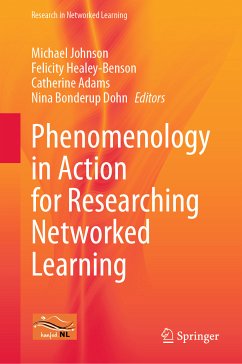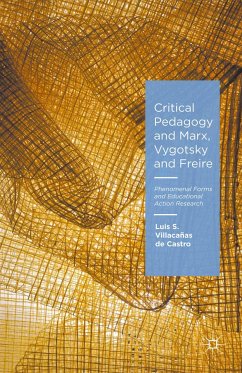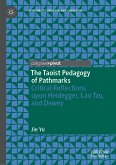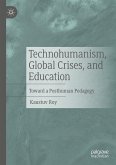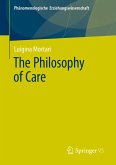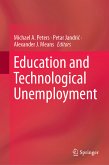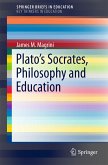The editors and authors have collaborated to bring a renewed focus upon the human facet of networked learning. As our world becomes more digitally enmeshed, infiltrated, and contested, the need to investigate and convey, at maximum fidelity, the lived experience of learners, teachers, and other stakeholders in education becomes paramount. Through phenomenological inquiry, we disclose the complex dance between the human and the technical, spotlighting how individuals engage, navigate, and find meaning within virtual yet embodied landscapes. This approach suitably honours the complexity, profundity, and ethicality of human existence in our evolving digital ecologies.
The first section, "Phenomenological Perspectives in Researching Networked Learning" lucidly explains phenomenology and some of its potential affordances. The second section, "Practising Phenomenological Research in Networked Learning", explicates the tangible practice of phenomenological research into specific phenomena: chapters sample of a select range of studies that also indicate the kind of insights such research can bring to networked learning. The concluding section presents two chapters that denote novel and arresting, "Critical Phenomenological Perspectives on Networked Learning". Together, these final chapters demonstrate the type of radical challenge that phenomenology can bring to the field, refreshing even networked learning's most basic conceptions and practices.
With this book, we open a space for anyone who wishes to join us in the wonderful, inspiring, and challenging application of phenomenology within the field of networked learning.
Dieser Download kann aus rechtlichen Gründen nur mit Rechnungsadresse in A, B, BG, CY, CZ, D, DK, EW, E, FIN, F, GR, HR, H, IRL, I, LT, L, LR, M, NL, PL, P, R, S, SLO, SK ausgeliefert werden.

